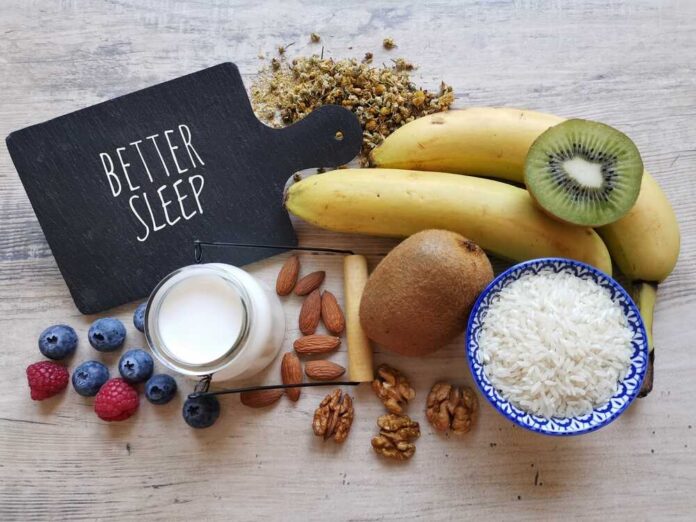
From the earliest ages of humanity, we’ve been guided by the rhythms of the natural world. The rise of the sun signaled the start of the day, while the descent of darkness brought the promise of rest. This relationship with light and darkness, day and night, has profoundly influenced our biology. One clear expression of this is the production of melatonin, a hormone that governs our sleep-wake cycle.
Melatonin is, in essence, the biochemical dusk, a molecular whisper nudging us towards the embrace of sleep. With modern life’s ceaseless demands and omnipresent screens, it’s no surprise that sleep disorders are on the rise, throwing the health of many into jeopardy.
Understanding Melatonin
Melatonin, secreted by the pineal gland in the brain, is part of our body’s internal clock, helping to regulate the sleep-wake cycle. Darkness triggers its production, signaling to our bodies that it’s time to sleep. And as we sleep through the night, melatonin levels decrease, telling us it’s time to wake up.
Even though this hormonal release follows a natural rhythm, certain lifestyle factors can disrupt it, leading to sleep problems. Studies show that exposure to light from screens in the evenings, shift work, and even diet can impact melatonin production.
Melatonin-Rich Foods
Our bodies can’t produce melatonin without first acquiring the necessary building blocks from our diet. Tryptophan, an essential amino acid, is a precursor of melatonin.
Through a series of biochemical reactions, tryptophan is converted into serotonin, which then is transformed into melatonin. Certain foods are rich in melatonin or precursors to melatonin that may indirectly boost our melatonin levels, potentially aiding sleep.
- Tart Cherries: A glass of tart cherry juice might be just what you need before bedtime. Researchers have found that these fruits contain high levels of melatonin, and their consumption has been linked with increased sleep time and quality.
- Nuts and Seeds: Walnuts, flax seeds, sunflower seeds, and mustard seeds have substantial amounts of tryptophan. Walnuts also contain melatonin, making them a double delight for sleep.
- Fish: Fatty fish like salmon, mackerel, and sardines are excellent sources of vitamin B6, which is required for melatonin production.
- Bananas: These popular fruits not only contain tryptophan but are also rich in magnesium, which is known to aid sleep by promoting muscle relaxation.
- Oats: Oats are a natural source of melatonin. A warm, soothing bowl of oatmeal before bed may do more than just comfort you; it might invite a peaceful night’s sleep.
Eat Better to Sleep Better
The link between diet and sleep underscores a broader principle — our health depends on many different elements, including our genetic makeup, our environment, and the foods we consume.
By consciously integrating melatonin-rich foods into our diets, we not only give ourselves a chance for better sleep but also engage in a more profound process. We become active participants in our well-being, stepping into a holistic understanding of health that extends beyond mere symptom management to encompass a greater appreciation for the rhythms of our body and our place in the natural world.






















